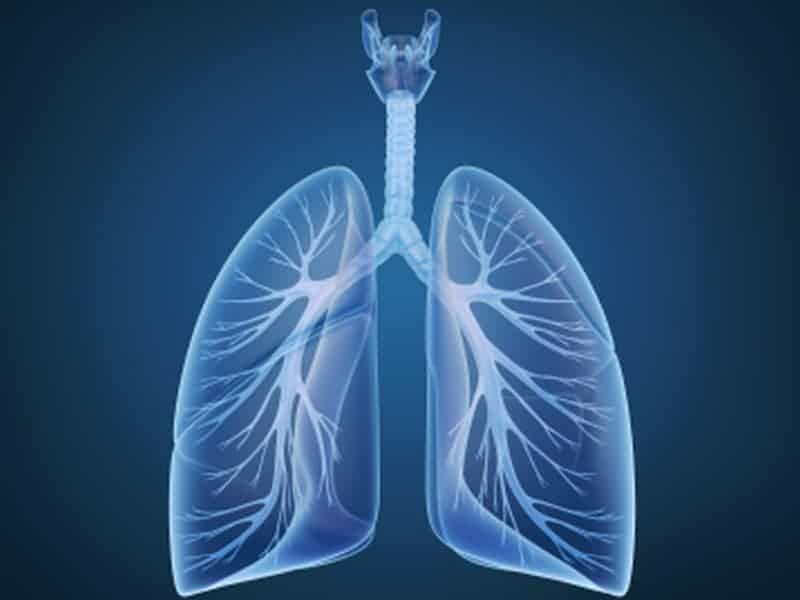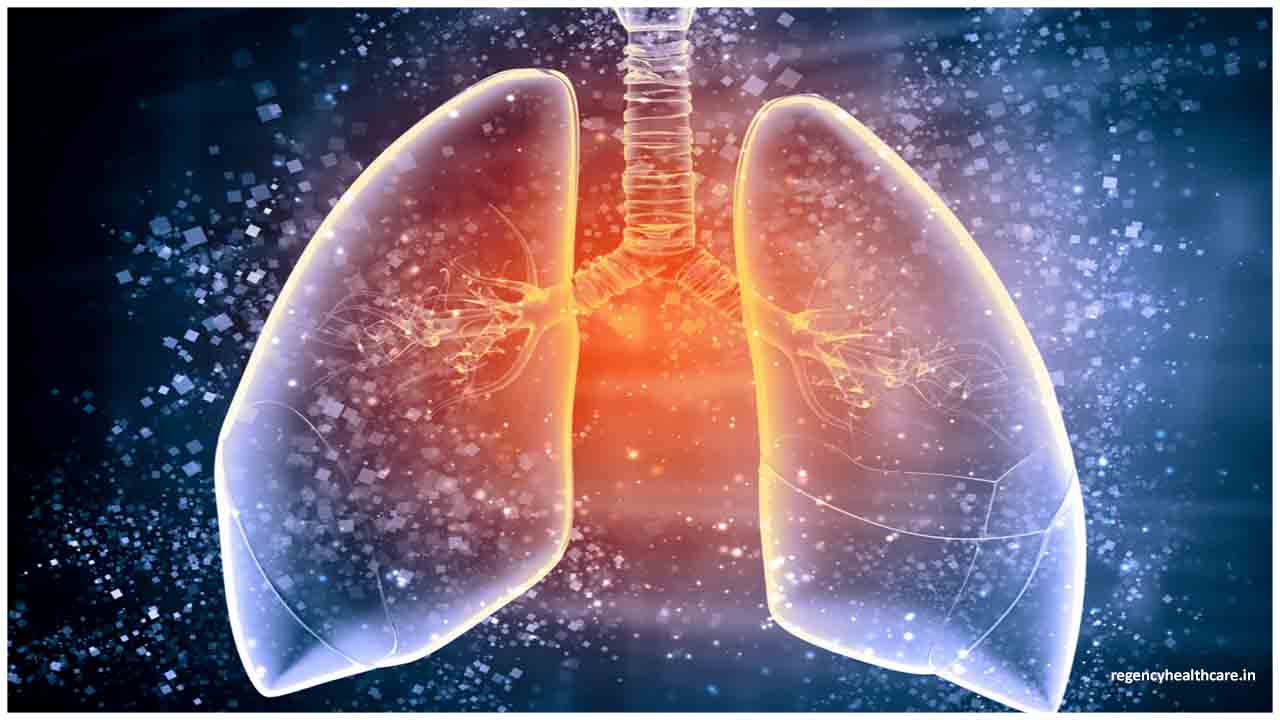New data showed positive effect of nintedanib on slowing decline of lung function in a broad range of fibrosing interstitial lung diseases with a progressive phenotype1 Phase III results published in the New England Journal of Medicine and to be presented at the European Respiratory Society (ERS) International Congress in Madrid, Spain Regulatory applications were recently submitted for this new indication with the FDA and EMA
Boehringer Ingelheim announced today that in the Phase III INBUILD® trial nintedanib slowed lung function decline by 57% across the overall study population, as assessed by the annual rate of decline in forced vital capacity (FVC)a over 52 weeks in patients with fibrosing interstitial lung disease (ILDs) with signs of progression.1 Just published in the New England Journal of Medicine and to be presented at the ERS Congress in Madrid, Spain, the study has met its primary endpoint and demonstrated the efficacy and safety of nintedanib in patients with a broad range of progressive fibrosing interstitial lung diseases other than idiopathic pulmonary fibrosis (IPF).1 Chronic hypersensitivity pneumonitis, autoimmune ILDs such as rheumatoid arthritis-associated ILD, systemic sclerosis-associated ILD (SSc-ILD), mixed connective tissues disease-associated ILD, sarcoidosis and idiopathic forms of interstitial pneumonias, i.e. non-specific interstitial pneumonia, and unclassified idiopathic interstitial pneumonia, are among these diseases. Nintedanib was shown to slow the rate of ILD progression independent of the fibrotic pattern seen on chest imaging.1 The side effect profile was consistent with previous studies of nintedanib in ILDs, with diarrhoea being the most common adverse event.1
Implications for the ILD community
“Progressive fibrosis of the lung can have a devastating impact on patients with a range of conditions. Yet, except for IPF and the new approved therapy for use in SSc-ILD in the U.S., there are currently no medications approved for the treatment of progressive fibrosing ILDs,” explained Professor Kevin Flaherty, M.D., Professor of Medicine, Division of Pulmonary and Critical Care Medicine, University of Michigan in Ann Arbor, Michigan, U.S., and lead investigator of the INBUILD® trial. “The results of INBUILD showed for the first time that nintedanib slowed the decline of lung function in patients with a range of fibrosing lung diseases, who demonstrate a progressive phenotype, across a spectrum of ILD diagnoses.”
“We are very proud to be presenting the results of this first ever clinical trial studying patients with different forms of progressive fibrosing ILDs, which are the basis of the regulatory applications that were recently submitted with the FDA and EMA,” commented Dr. Mehdi Shahidi, M.D., Chief Medical Officer, Boehringer Ingelheim. “We are absolutely committed to improving the lives of people living with pulmonary fibrosis, in particular those affected by rare diseases with a high level of unmet need.”

 New data showed positive effect of nintedanib on slowing decline of lung function in a broad range of fibrosing interstitial lung diseases with a progressive phenotype
New data showed positive effect of nintedanib on slowing decline of lung function in a broad range of fibrosing interstitial lung diseases with a progressive phenotype



















.jpeg)

.jpeg)










.jpg)




.jpg)

